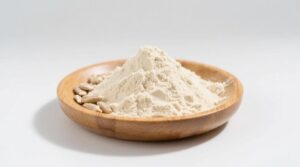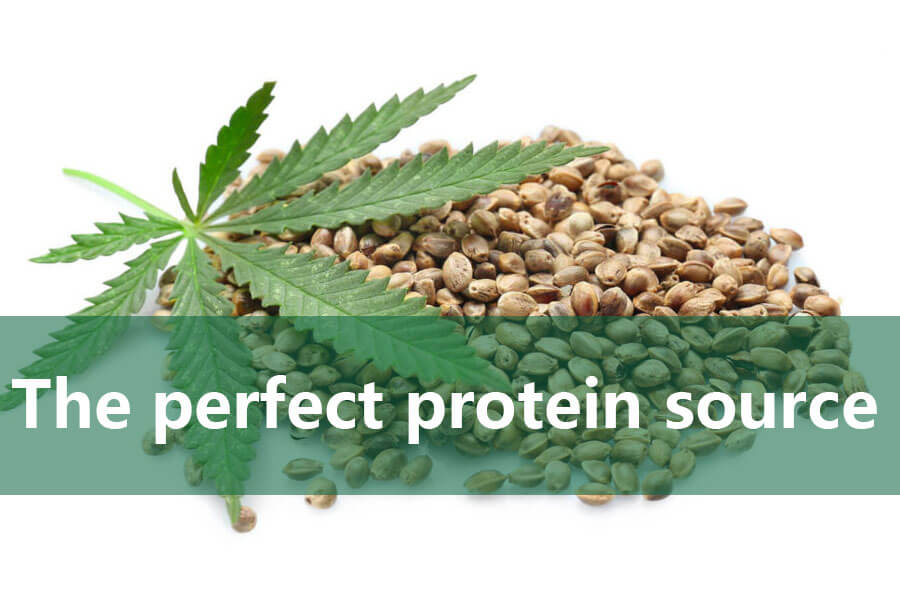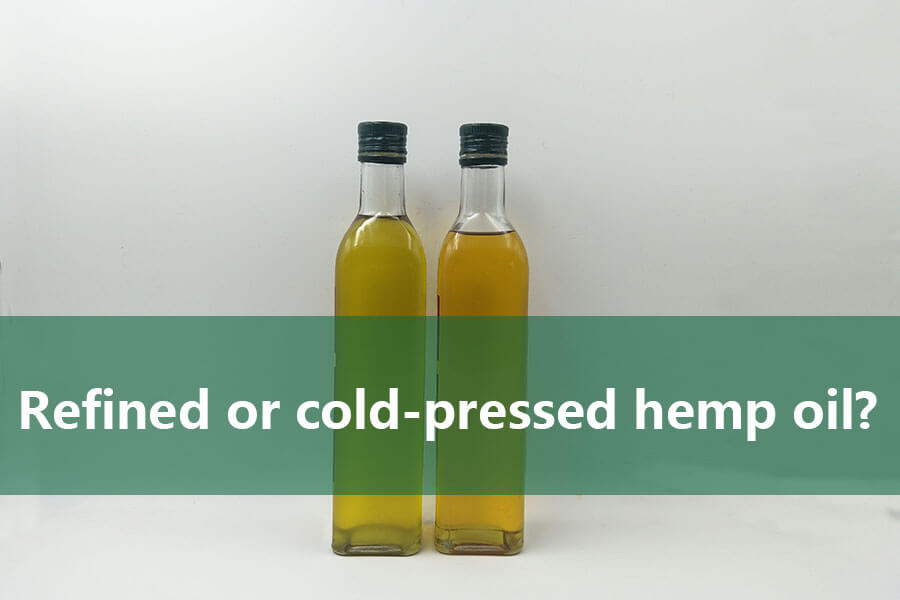Sunflower seed protein is soaring in popularity as a plant-based powerhouse, but as organic sunflower seed protein powder floods smoothie bowls and shaker bottles, skeptics ask: Are there hidden drawbacks to this sunny superfood? Let’s dig into the science, separate myths from facts, and reveal how to enjoy its benefits safely.
The Bright Side: Benefits of Organic Sunflower Seed Protein
- Complete Protein: Contains all 9 essential amino acids, including methionine (rare in plants).
- Heart Health: Rich in vitamin E (90% DV/serving) and selenium to combat oxidative stress.
- Allergy-Friendly: Gluten-free, soy-free, and nut-free—ideal for sensitive diets.
- Eco-Conscious: Sunflowers regenerate soil and require 80% less water than almonds.
4 Potential Downsides (and Solutions)
1. Phytic Acid Content
- Issue: Phytic acid in sunflower seeds can bind to minerals like zinc and iron, reducing absorption.
- Fix: Choose organic sunflower seed protein powder sprouted or fermented to neutralize phytic acid. Pair with vitamin C-rich foods (e.g., citrus) to enhance mineral uptake.
2. High Fiber Sensitivity
- Issue: 5g fiber per serving may cause bloating or gas in some.
- Fix: Start with ½ scoop (10g) daily and increase gradually. Drink plenty of water.
3. Cadmium Risk in Non-Organic
- Issue: Conventional sunflowers absorb cadmium (a toxic metal) from polluted soils.
- Fix: Certified organic ensures rigorous soil testing and safe, low-cadmium crops.
4. Rare Allergies
- Issue: Though uncommon, sunflower seed allergies can trigger itching or swelling.
- Fix: Patch-test by rubbing a small amount on your wrist before consuming.
Organic vs. Conventional Sunflower Seed Protein
| Factor | Organic Sunflower Seed Protein | Conventional |
|---|---|---|
| Pesticides | Zero synthetic chemicals | May contain neonicotinoids |
| Heavy Metals | Tested for cadmium, lead | Risk of heavy metal contamination |
| Processing | Cold-pressed, no hexane | Chemical extraction common |
| Sustainability | Regenerative farming practices | Monocropping depletes soil |
Who Should Be Cautious?
- Kidney Stone Sufferers: Moderate oxalate content—consult a doctor.
- Low-FODMAP Diets: Sunflower protein is moderate FODMAP; limit to 15g/serving.
- Thyroid Issues: Excess fiber may interfere with thyroid meds (take 2 hours apart).
How to Use Organic Sunflower Seed Protein Safely
- Post-Workout Recovery: Blend 1 scoop with banana and almond milk for muscle repair.
- Baking Boost: Replace 25% flour in pancakes or muffins.
- Savory Sprinkle: Stir into soups or salads for a nutty, umami kick.
- Smoothie Masker: Combine with cocoa or cinnamon to mellow earthy flavors.
Why “Organic” Minimizes Risks
Non-organic sunflower crops are often treated with neurotoxic neonicotinoids, which harm bees and linger in protein powder. Certified organic sunflower seed protein powder guarantees:
✅ No synthetic pesticides or GMOs
✅ Third-party heavy metal testing
✅ Low-temperature processing (preserves amino acids and enzymes)
FAQs
Q: Can I eat sunflower protein daily?
A: Yes! Stick to 1–2 scoops (20–40g) to avoid mineral-blocking effects.
Q: Does it taste like sunflower seeds?
A: Milder and creamier—hints of nuttiness without overpowering.
Q: Safe during pregnancy?
A: Yes! Its folate (15% DV/scoop) supports fetal development.
Q: Shelf life?
A: 2 years in airtight containers (store away from heat and light).
The Verdict
While no food is perfect, organic sunflower seed protein powder offers far more benefits than downsides—if sourced mindfully. By choosing organic, moderating intake, and pairing smartly, you can harness its plant-powered nutrition without the pitfalls.
Ready to Bloom with Plant Protein?
Embrace organic sunflower seed protein powder—your sunny, sustainable solution for muscle, energy, and longevity. Because thriving shouldn’t mean compromising.
Nourish your body, honor the earth.
Recommended Product
Organic Sunflower Seed Protein Powder
Organic sunflower seed protein powder offers ≥80% high-quality plant protein with excellent digestibility and hypoallergenic…



